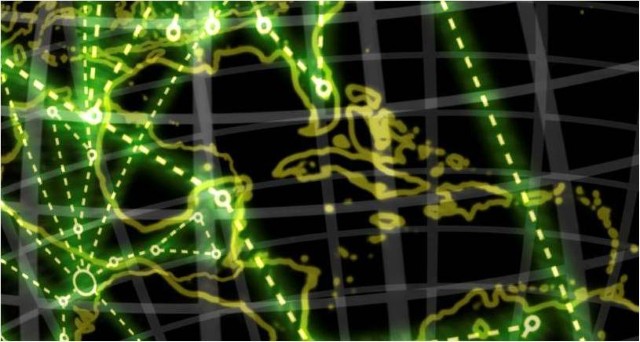A recent World Economic Forum report notes that major technology trends, including massive analytics, cloud computing, and big data, could create between $9.6 trillion and $21.6 trillion (US dollars) in value for the global economy. However, delays in adopting cybersecurity capabilities could result in a $3 trillion loss in economic value.
The way employees approach computing and the Internet is changing. Gone are the days of desktop computers and servers, safely protected behind firewalls. Today, employees work remotely and globally, using laptops, smart phones, and tablets. Data is at their fingertips, delivered on-demand via cloud computing. In fact, more than half of the world’s mobile subscribers are located in the Asia Pacific region and Asia-Pac is anticipated to remain one of the world’s fastest growing mobile markets through 2020 and beyond.

To further complicate matters, cyberthreats are becoming more complex. Thousands of criminals, working in locations around the world, disseminate hundreds of billions of threats each day. Today’s cybercriminals are becoming increasingly sophisticated as they shift attacks from fixed-location servers and desktop computers to cloud-based mobile devices. Despite the changing cyberthreat landscape, many traditional managed security service providers in the Asia Pacific countries continue to rely on legacy security architecture (the type that still looks for blacklists), which is increasingly ineffective against dynamic internet and cloud-based threats.
The cybercrime data speaks for itself: phishing attacks have increased 264% in the last year and in 2013, criminals sent 1.68 BILLION emails PER DAY containing malware. Companies that are unprepared for these threats can suffer serious repercussions. Studies suggest that 60% of the companies that suffer a data loss due to a security breach go out of business within six months of the attack.
Following a series of high profile hacking attacks in Singapore, banks and financial services companies are increasing their spending on cybersecurity in order to keep their systems safe. A survey by human resources firm Robert Half International, Inc. recently showed that 60 percent of financial services firms in Singapore are anticipating increased spending on cybersecurity, compared with 44 percent in Hong Kong.
This is where web security services, that can be deployed within minutes and protect the growing Asia-Pac mobile workforce, become critically important for enterprises, SMBs, and their service providers. There is no equipment to buy, install, or maintain. And, cloud-based web security offers a near real-time and comprehensive view of what is happening on the Internet—the highest level of real-time/dynamic protection available today.
In Asia-Pac, where many employees bring their mobile devices to the workplace, it is critical that web security solutions cater for roaming users, smartphones, and tablets including BYOD, in addition to traditional laptops. An intuitive Web interface is also vital since many countries around Asia Pacific lack skilled IT staff with security expertise.